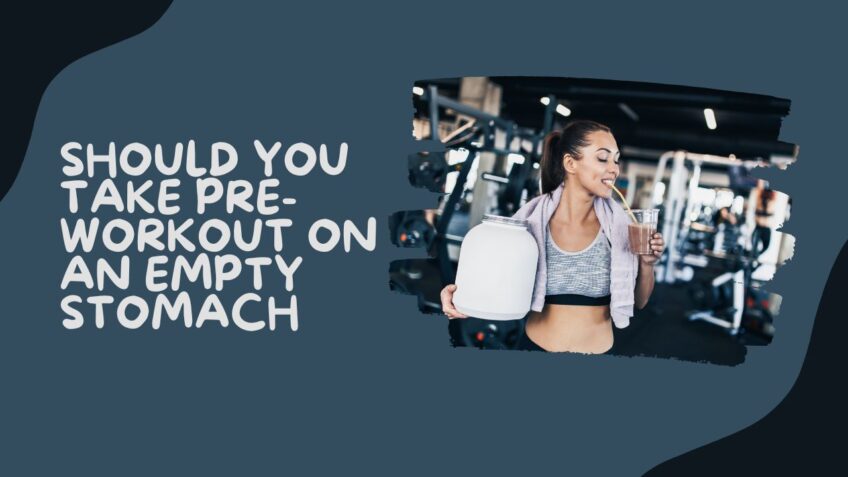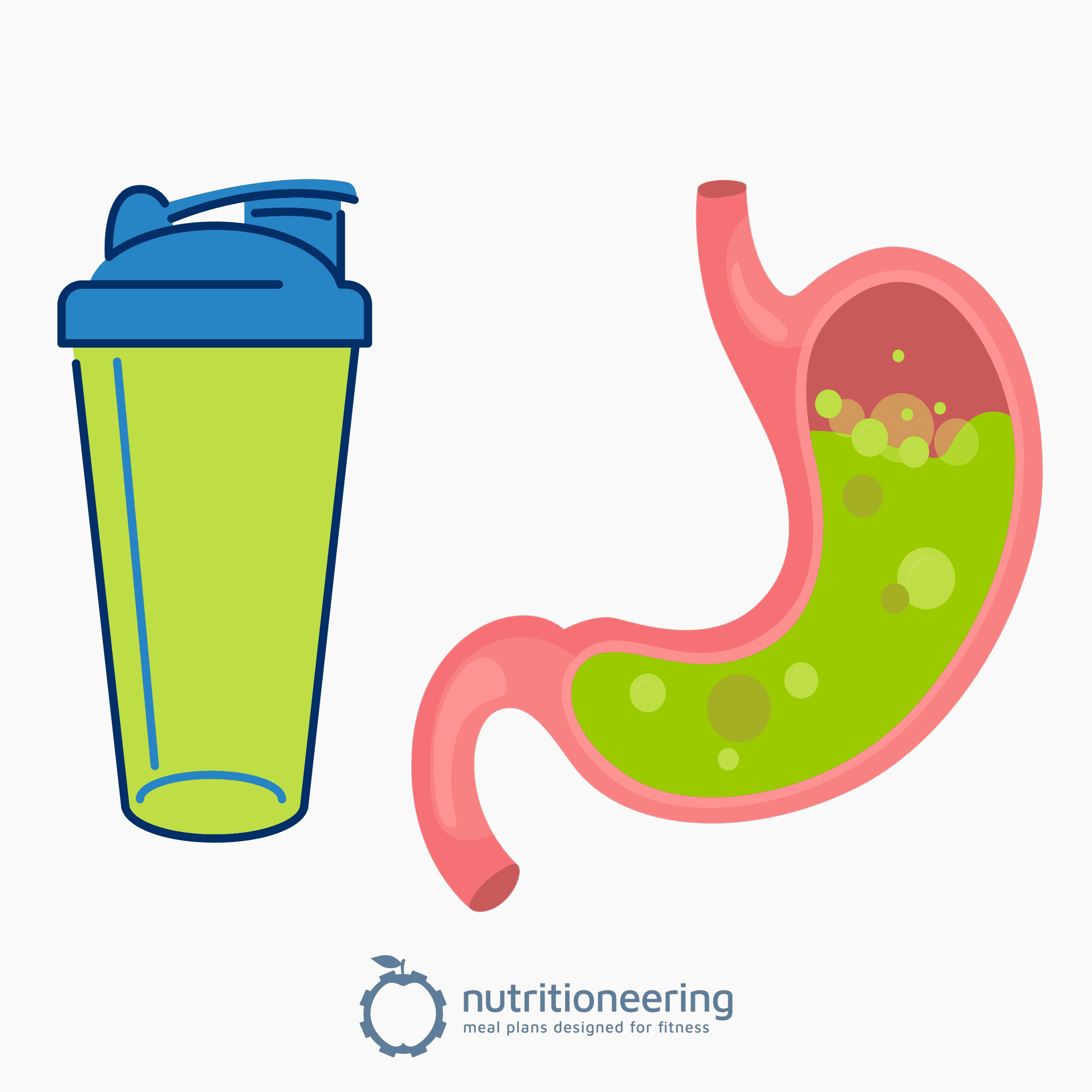Take Pre Workout On Empty Stomach

The practice of consuming pre-workout supplements on an empty stomach is a common yet debated strategy among fitness enthusiasts. This approach, intended to maximize energy and performance during workouts, raises questions about its effectiveness and potential side effects.
This article delves into the science behind taking pre-workout supplements without food, exploring the advantages, disadvantages, and expert opinions surrounding this practice. Understanding the potential impact on the body is crucial for individuals seeking to optimize their fitness routines safely and effectively.
The Science Behind Pre-Workout and Empty Stomachs
Pre-workout supplements typically contain a blend of ingredients like caffeine, beta-alanine, creatine, and amino acids. These components are designed to enhance energy levels, focus, endurance, and muscle pump during exercise.
Consuming these supplements on an empty stomach is believed by some to facilitate faster absorption of these ingredients into the bloodstream. This quicker uptake, theoretically, leads to a more rapid and pronounced effect on workout performance.
Potential Benefits of Empty Stomach Consumption
Proponents of taking pre-workout on an empty stomach suggest that the faster absorption rate translates to a quicker onset of effects. This rapid boost can be particularly appealing to individuals who prefer to feel the supplement's impact shortly after consumption.
Some users also report an enhanced "kick" or heightened sensation from the supplement when taken without food. This subjective experience may contribute to a perceived improvement in workout motivation and intensity.
For individuals with sensitive stomachs, however, the lack of food buffering the supplement's ingredients can lead to adverse effects, negating any potential benefits. Individual responses vary considerably, highlighting the importance of careful consideration.
Potential Risks and Side Effects
The primary concern associated with taking pre-workout on an empty stomach revolves around the potential for gastrointestinal distress. Ingredients like caffeine and beta-alanine can irritate the stomach lining, leading to nausea, cramping, and diarrhea, particularly in sensitive individuals.
Furthermore, the rapid absorption of caffeine can trigger anxiety, jitters, and an elevated heart rate. These side effects can be exacerbated when the stomach is empty, as there's no food to slow down the absorption process.
According to Dr. Emily Carter, a registered dietitian specializing in sports nutrition, “Taking pre-workout on an empty stomach can be a double-edged sword. While some may experience a quicker energy boost, others might suffer from unpleasant side effects. It really depends on the individual's tolerance and the specific ingredients in the supplement.”
Expert Opinions and Recommendations
Nutritionists and fitness experts generally advise caution when considering taking pre-workout supplements on an empty stomach. The consensus leans towards consuming a small, easily digestible meal or snack prior to supplementation to mitigate potential side effects.
This meal should ideally consist of carbohydrates and a small amount of protein to provide sustained energy and help buffer the supplement's ingredients. Examples include a banana with peanut butter or a small bowl of oatmeal.
The International Society of Sports Nutrition (ISSN) emphasizes the importance of individual experimentation and monitoring when introducing new supplements. They suggest starting with a lower dose and gradually increasing it as tolerance improves.
“Always prioritize your health and well-being,” says Mark Thompson, a certified personal trainer. “If you experience any adverse effects from taking pre-workout on an empty stomach, discontinue use immediately and consult with a healthcare professional.”
Alternatives to Empty Stomach Consumption
For individuals seeking to optimize their pre-workout routine without risking digestive discomfort, several alternatives exist. Consuming a light meal 30-60 minutes before taking the supplement allows for some absorption of nutrients while minimizing the potential for negative side effects.
Another approach involves adjusting the supplement dosage. Reducing the serving size can lessen the intensity of the supplement's effects, making it more tolerable on an empty stomach. This method should be approached with caution and careful monitoring of individual responses.
Choosing pre-workout supplements with lower concentrations of stimulants and potentially irritating ingredients can also be beneficial. Opting for products with natural ingredients and fewer artificial additives may reduce the likelihood of adverse reactions.
Conclusion
Whether to take pre-workout on an empty stomach is a highly individual decision. While some individuals may experience enhanced benefits from faster absorption, others may encounter unpleasant side effects.
It is crucial to consider individual tolerance levels, the specific ingredients in the supplement, and any pre-existing health conditions. Consulting with a healthcare professional or registered dietitian is recommended before making significant changes to your supplementation routine.
Ultimately, prioritizing safety and well-being should be the guiding principle when incorporating pre-workout supplements into your fitness regimen. Informed decision-making and careful monitoring are key to achieving optimal results without compromising your health.







![Take Pre Workout On Empty Stomach Can You Take Pre Workout On An Empty Stomach? [Is it a Bad Idea?] - Pre](https://i0.wp.com/preworkoutguide.com/wp-content/uploads/2022/07/can-you-take-pre-workout-on-an-empty-stomach.png?w=1100&ssl=1)










